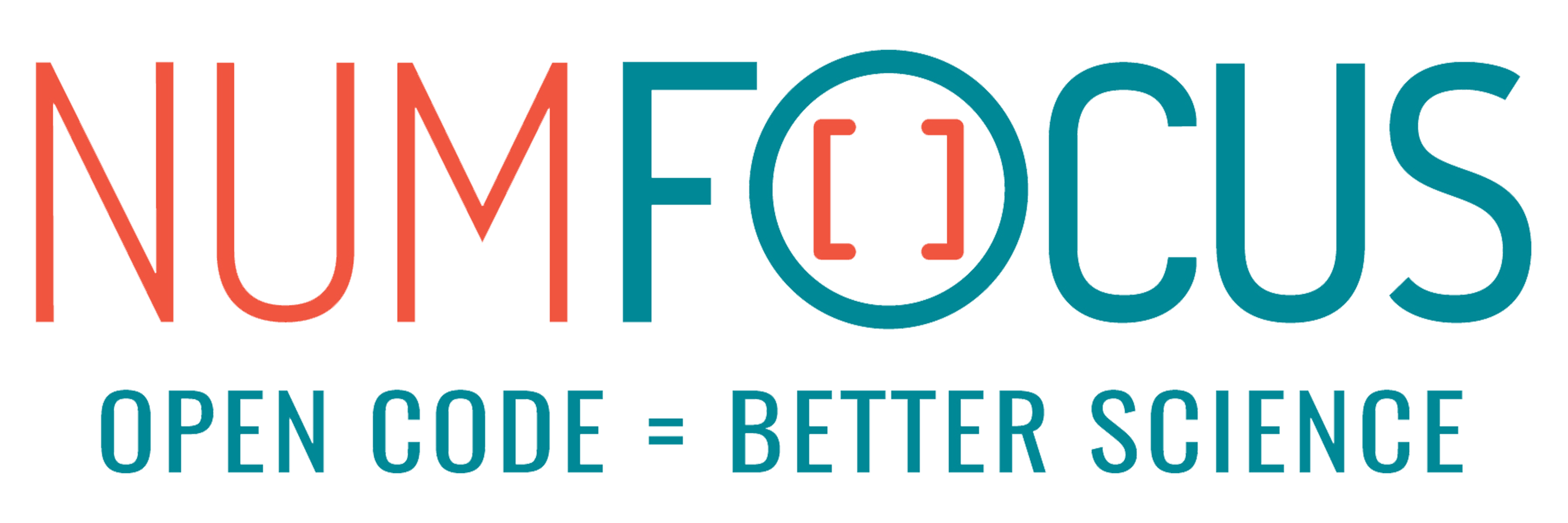Scanpy – Single-Cell Analysis in Python#
Scanpy is a scalable toolkit for analyzing single-cell gene expression data built jointly with anndata. It includes preprocessing, visualization, clustering, trajectory inference and differential expression testing. The Python-based implementation efficiently deals with datasets of more than one million cells. For datasets too large to fit into memory, many scanpy functions are now compatible with dask (warning: experimental).
Discuss usage on the scverse Discourse. Read the documentation. If you’d like to contribute by opening an issue or creating a pull request, please take a look at our contribution guide.
scanpy is part of the scverse® project (website, governance) and is fiscally sponsored by NumFOCUS. If you like scverse® and want to support our mission, please consider making a tax-deductible donation to help the project pay for developer time, professional services, travel, workshops, and a variety of other needs.
Public API#
Our public API is documented in the API section of these docs.
We cannot guarantee the stability of our internal APIs, whether it’s the location of a function, its arguments, or something else.
In other words, we do not officially support (or encourage users to do) something like from scanpy.logging import debug as logging is not documented, even though it does not contain a leading underscore.
However, we are aware that many users do use these internal APIs and thus encourage them to open an issue or migrate to the public API.
That is, if something is missing from our public API as documented, for example a feature you wish to be exported publicly, please open an issue.
New to scanpy? Check out the installation guide.
The tutorials walk you through real-world applications of scanpy.
The API reference contains a detailed description of the scanpy API.
Need help? Reach out on our forum to get your questions answered!
Find a bug? Interested in improving scanpy? Checkout our GitHub for the latest developments.
Other resources
Follow changes in the release notes.
Find tools that harmonize well with anndata & Scanpy at scverse.org/packages/
Check out our contribution guide for development practices.
Consider citing Genome Biology (2018) along with original references.
News#
rapids-singlecell brings scanpy to the GPU! 2024-03-18#
rapids-singlecell by Severin Dicks provides a scanpy-like API with accelerated operations implemented on GPU.
Scanpy hits 100 contributors! 2022-03-31#
100 people have contributed to Scanpy’s source code!
Of course, contributions to the project are not limited to direct modification of the source code. Many others have improved the project by building on top of it, participating in development discussions, helping others with usage, or by showing off what it’s helped them accomplish.
Thanks to all our contributors for making this project possible!
New community channels 2022-03-31#
We’ve moved our forums and have a new publicly available chat!
Our discourse forum has migrated to a joint scverse forum (discourse.scverse.org).
Our private developer Slack has been replaced by a public Zulip chat (scverse.zulipchat.com).
Toolkit for spatial (squidpy) and multimodal (muon) published 2022-02-01#
Two large toolkits extending our ecosystem to new modalities have had their manuscripts published!
Muon, a framework for multimodal has been published in Genome Biology.
Squidpy a toolkit for working with spatial single cell data has been published in Nature Methods.








